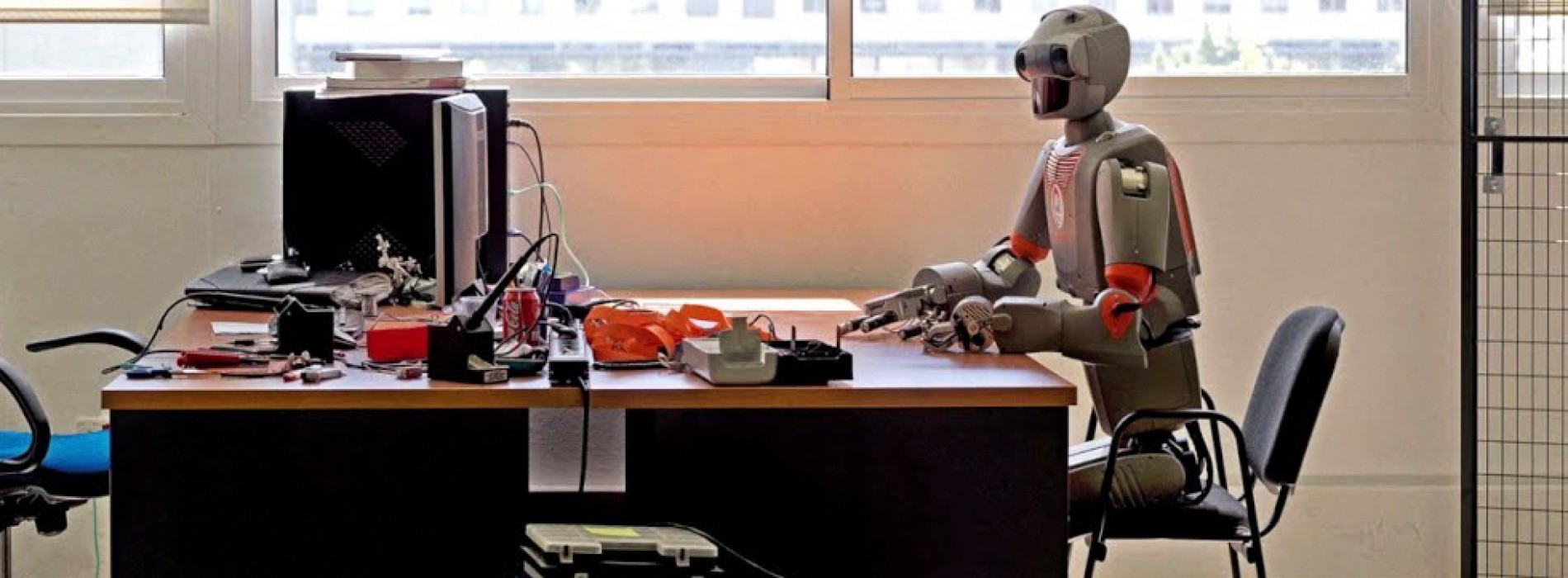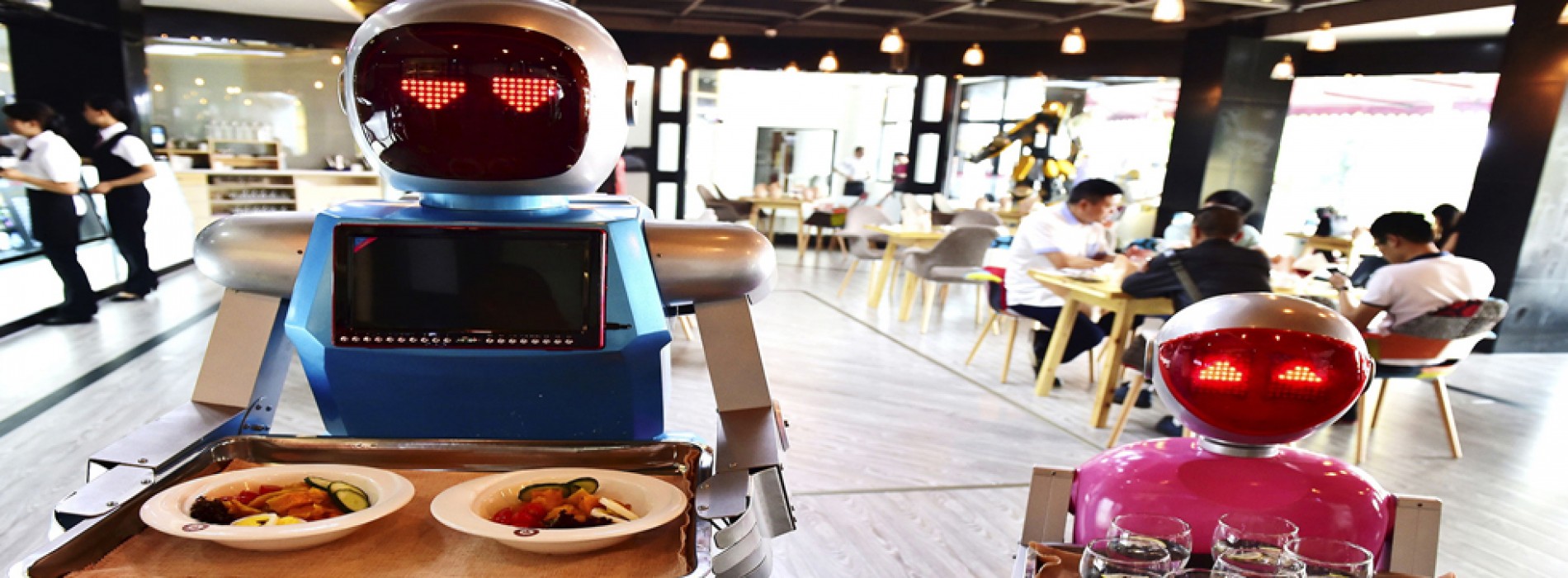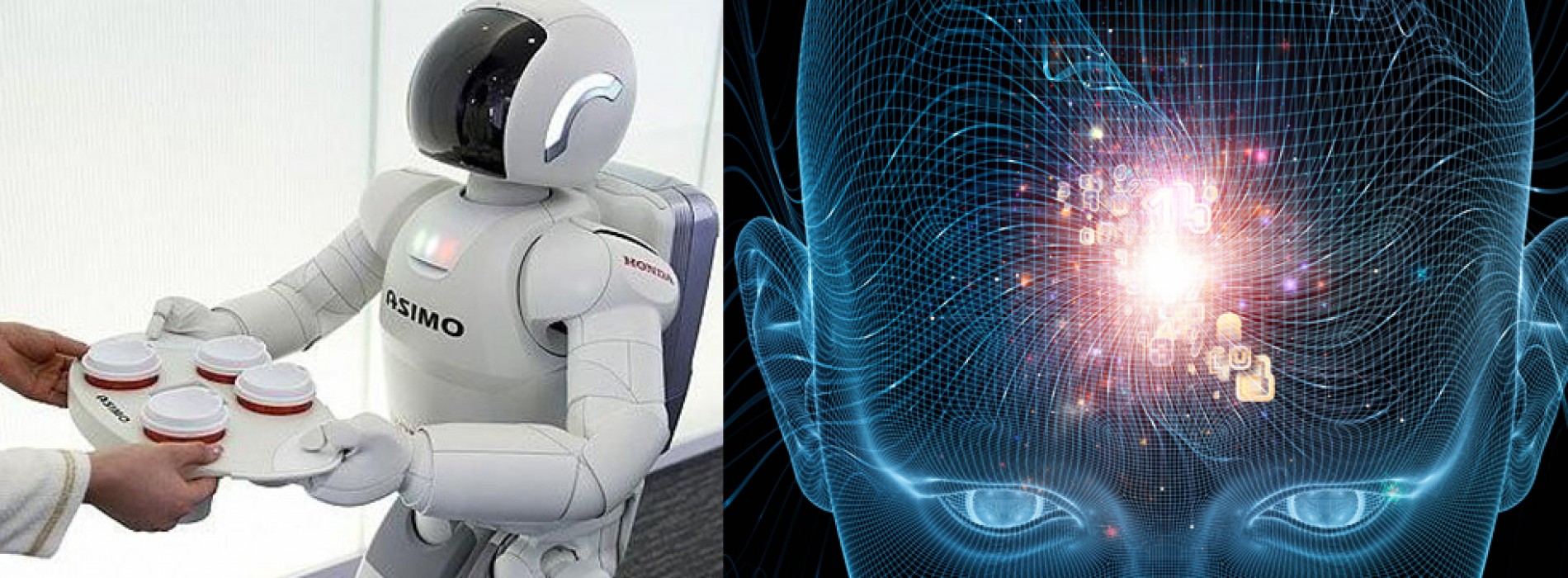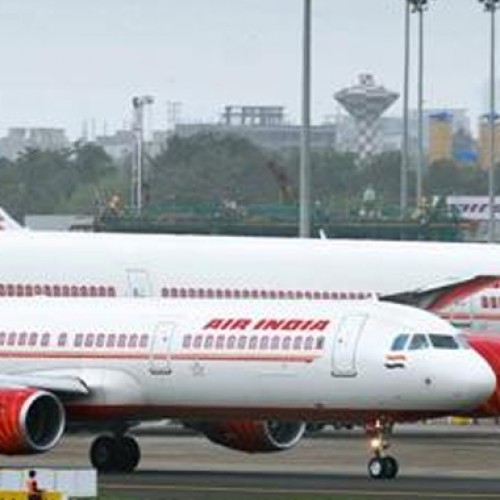Artificial Intelligence The Future of Travel
Although still in its infancy, Artificial Intelligence is making its presence felt in the travel and hospitality space, and is poised to reshape the future of this industry.
The last two decades have been revolutionary as far as the use of technology in travel space is concerned. We saw how the emergence of online giants like MakeMyTrip and Yatra in India changed the way the travel bookings were done. Review website TripAdvisor became our trusted online advisor for travel searches and planning. Founded in 2008 in California, Airbnb, the world’s leading online accommodation aggregator, revolutionized the supply of budget accommodations globally by using information technology. These brands successfully leveraged technology to a bring paradigm shift in the way customers used to plan and book their travel, forcing many traditional travel companies to either close their shops or reinvent themselves.
Now it is the turn of Artificial Intelligence (AI) to set the terms of the game. AI, although still in its infancy, promises to transform many sectors including travel. We are seeing the fast increasing use of AI by Facebook, Google and e-commerce websites like Amazon, Flipkart, etc. Facebook uses AI to make friend suggestions. Google runs the world’s largest ad platform and uses AI to process users’ search data for targeted advertising. Google’s Voice assistant, Apple’s Siri, Microsoft’s Cortana and Amazon’s Alexa are AI-powered applications that offer precise and personalized results to users.
Why should travel companies stay behind? Travel brands are increasingly using AI to offer better experiences to their customers and customers are happily welcoming new AI based interactive experiences. Chatbots, an AI-based technology, are growingly being used by airlines for some transactions. For example, Chatbots are assisting airlines and online travel agencies in making bookings and issuing boarding passes. A chatbot is a computer program which uses AI to conduct an oral or textual conversation. Some airlines like KLM allow travellers to get their boarding pass within Facebook’s Messenger app. Some other airlines now allow passengers to book flights using the Facebook Messenger interface. Frankfurt Airport offers flyers the facility to converse with FRAnky, a Messenger-based chatbot. FRAnky helps passengers search for flights, get flight status updates, gievs information about restaurants, shops and service facilities. It also tells passengers how they can use the airport’s free wifi.
According to a recent report of SITA, Airlines and airports are increasingly using artificial intelligence (AI) to enhance their customer service. As per the ‘SITA 2017 Air Transport IT Trends Insights report’, 52% of airlines plan major AI programs over the next three years, and 45% of airports will invest in R&D in the next five years. Over the next three years 80% of airlines plan to invest in major programs or R&D into AI-enabled prediction and warning systems.
Currently 14% of airlines and 9% of airports use chatbots. By 2020, 68% of airlines and 42% of airports aim to adopt AI-driven chatbot services. Airlines, hotels, OTAs and car-rental companies are aggressively integrating AI technology into their operations to improve their the bottom line and offer a meaningful experience to customers.
A recent survey by Tata Consultancy Services found that about 85% travel and hospitality professionals are using AI within their businesses. Most of them are using this to process bookings and credit-card transactions. According to the survey , in the next four years, 60% of companies would apply AI in their marketing efforts. Airports plan to use chatbots for services such as notifications and airport guides.
International Hotel Chains like Marriott are using AI-powered Chatbots on Facebook Messenger to interact with their guests and simplify their journey. For customers, app like Hopper use AI to analyze pricing data to predict when your flight will be cheapest and alert you about price fall. Furthermore, it suggests the best times to book a trip. A report ‘Embracing airline digital transformation: a spotlight on what travellers value’ published recently by Amadeus, says that chatbots powered by Artificial Intelligence will drastically change the travel industry. AI advice will deliver more personalised experiences for travellers when they request it. AI is indeed making our travel smart, and promises much more better travel experience in future.
AI in Travel Industry
Use of AI growing day by day AI makes data processing easier and fast AI enhances efficiency & productivity Traditional companies need to invest in AI Robots to replace certain jobs in travel
You might also like
Air India may renegotiate contracts with key vendors
Bansal, a senior IAS officer, took charge as the interim chairman and managing director of the state-run airline in August. The loss-making Air India is likely to relook into some
Shangri-La Hotel, Bengaluru turns one
Shangri-La Hotel, Bengaluru, which welcomed its first guest one year ago, today celebrated its first anniversary. Amidst a great buzz of excitement, the hotel invited guests to experience the grandeur
Leisure Hotels Group Unveils Revamped Website to Elevate Digital Experience and Amplify Online Visibility
Leisure Hotels Group (LHG), North India’s leading experiential hospitality chain and the largest in Uttarakhand, proudly announces the launch of its redesigned website. This new portal embodies the brand’s 35-year










